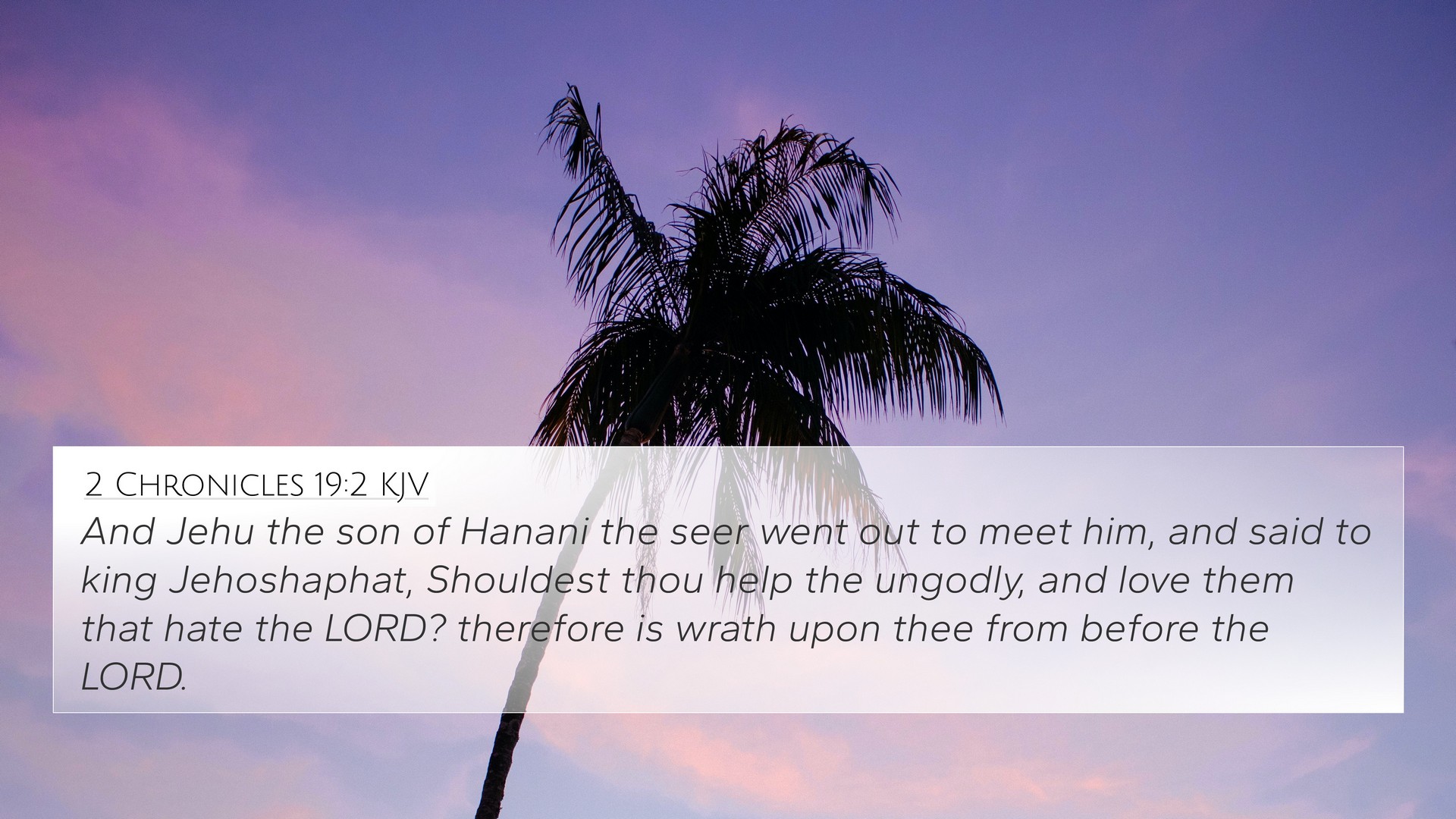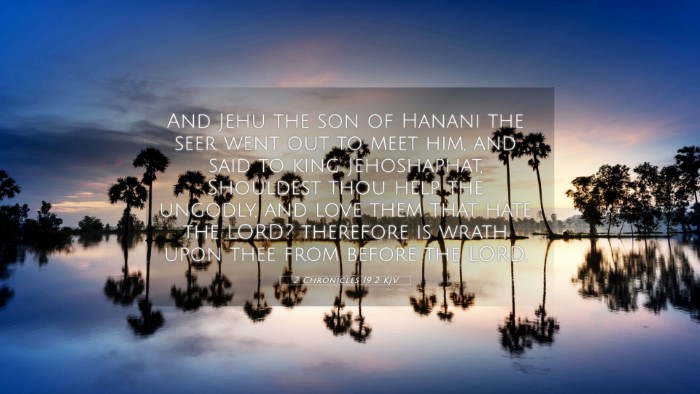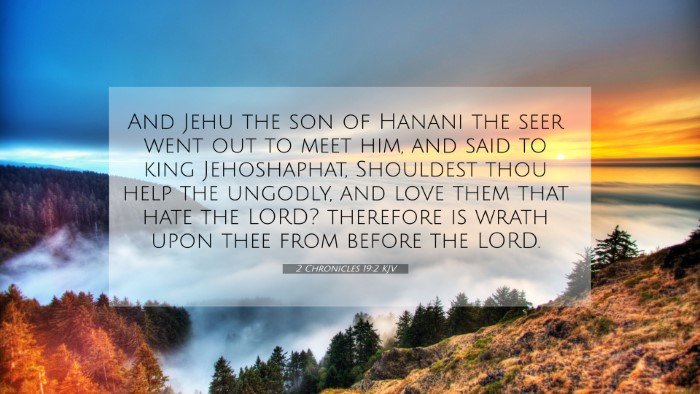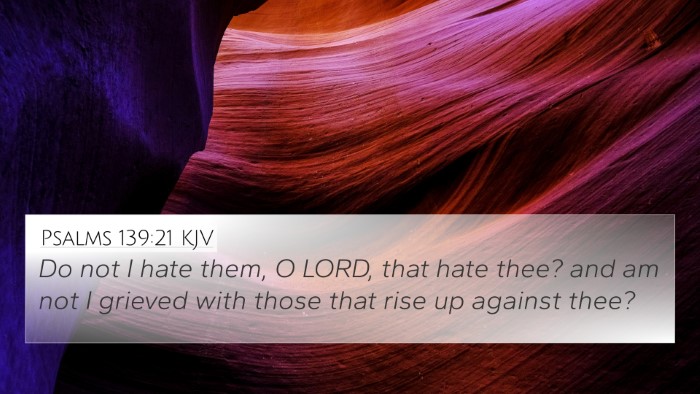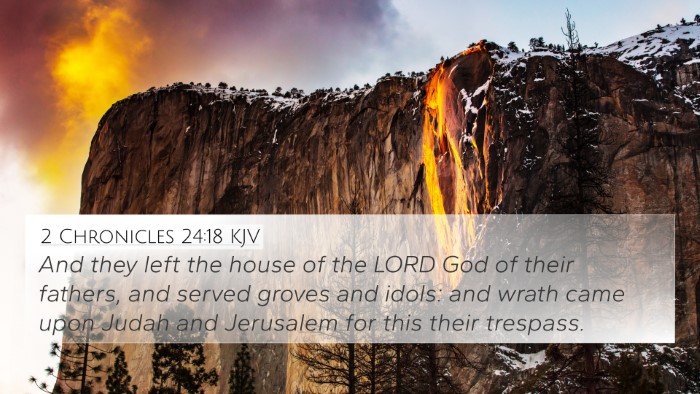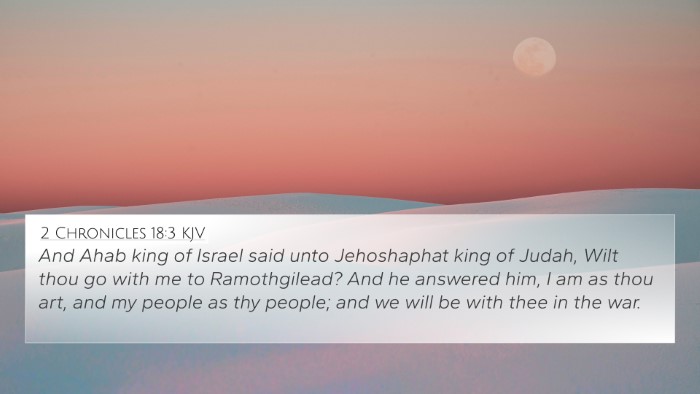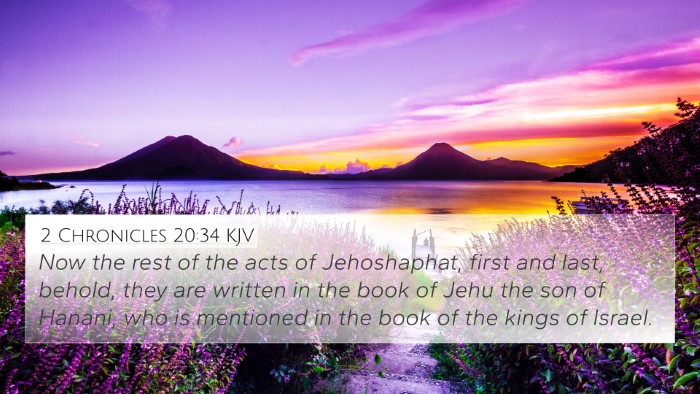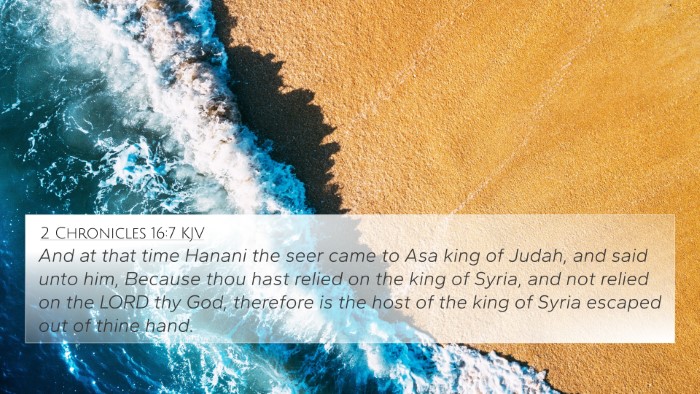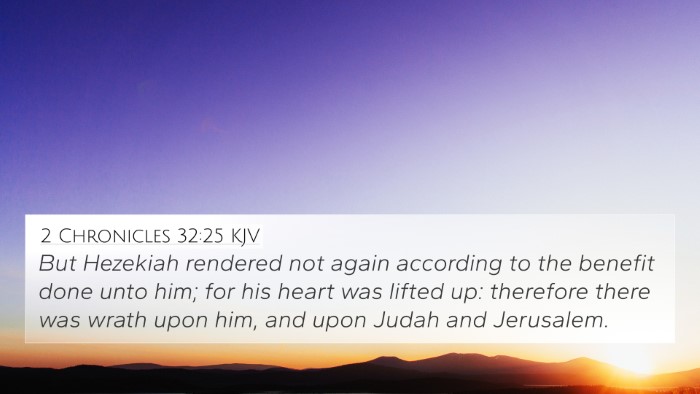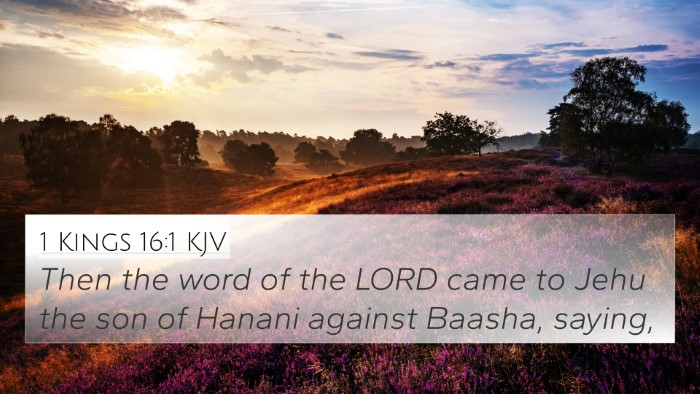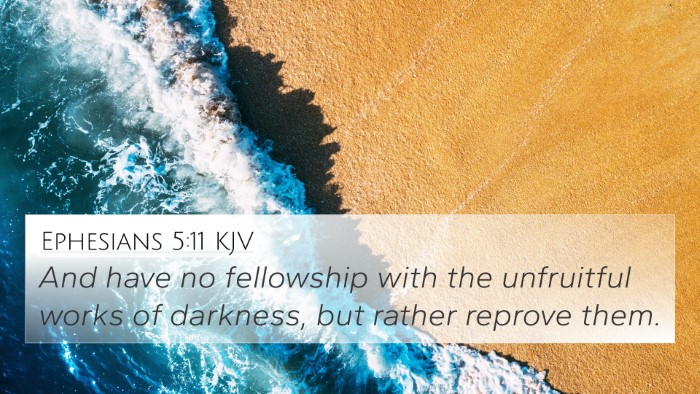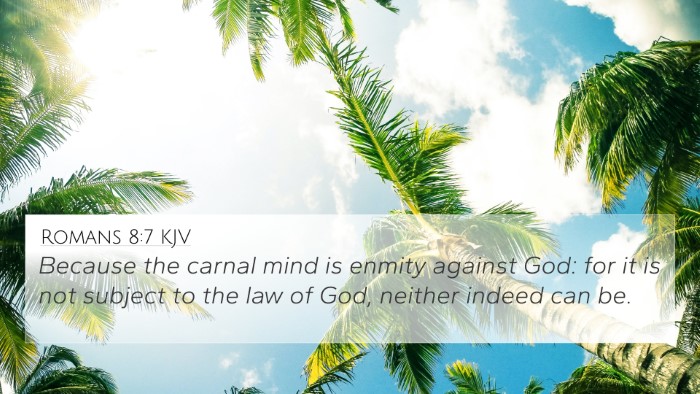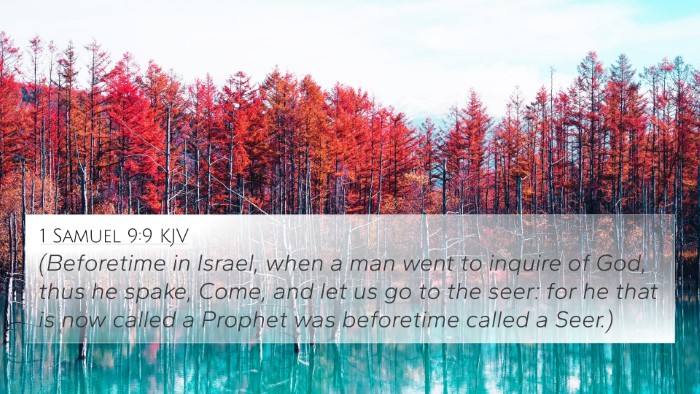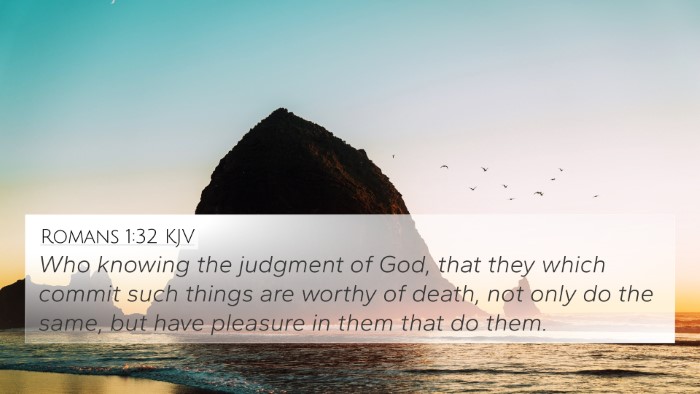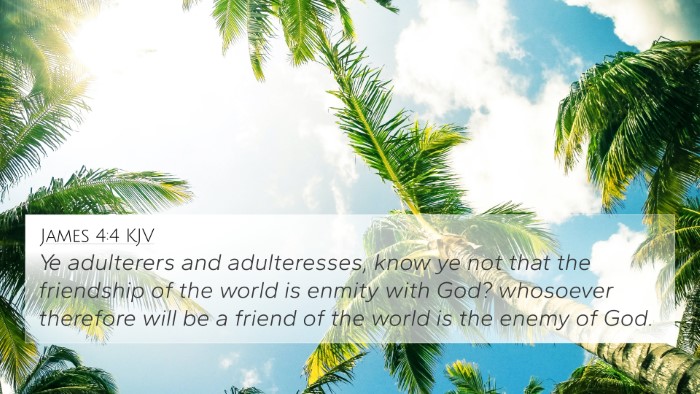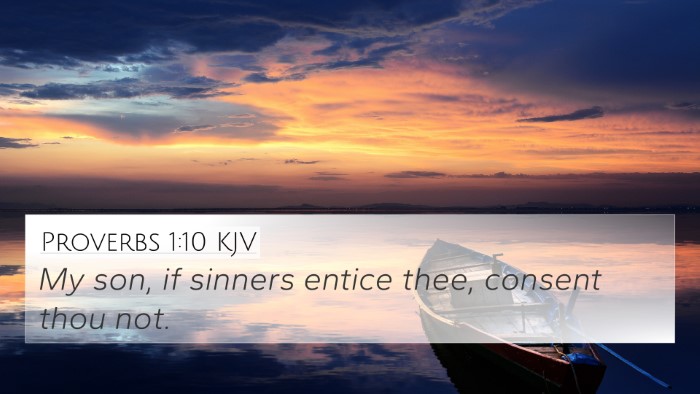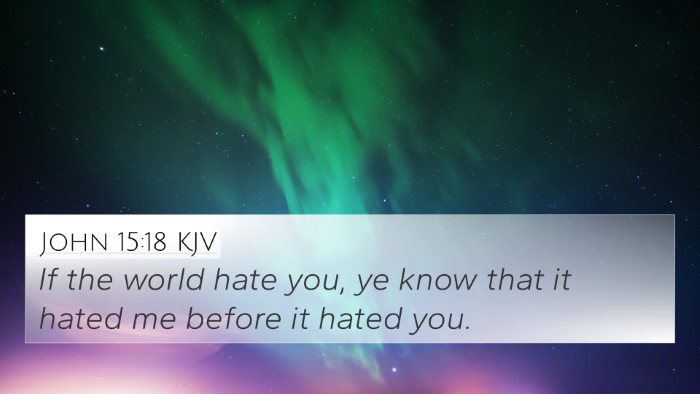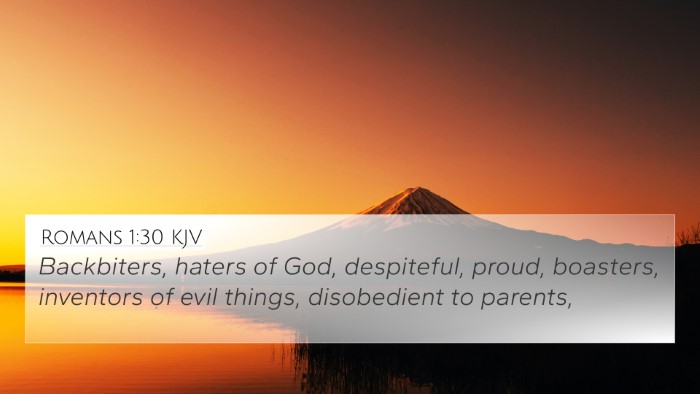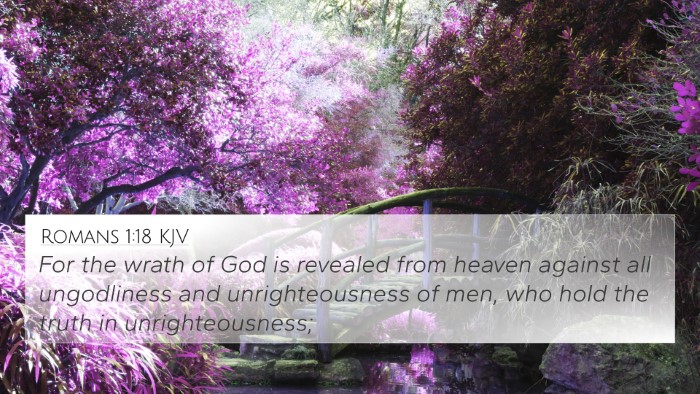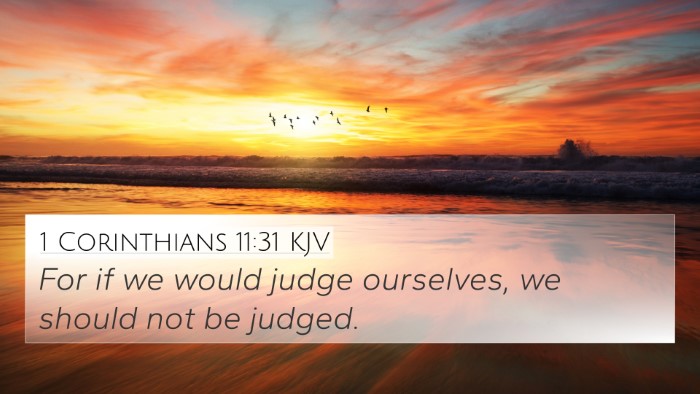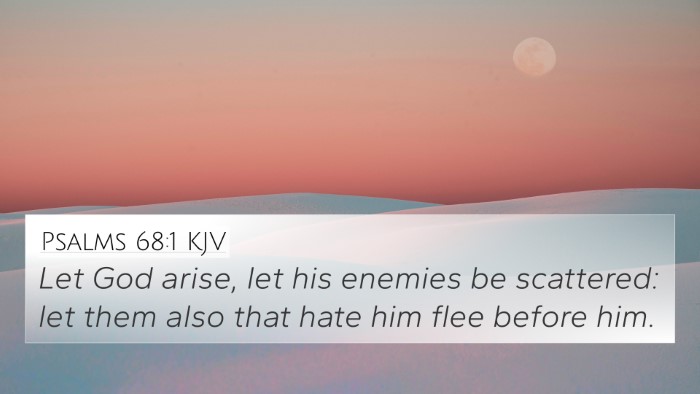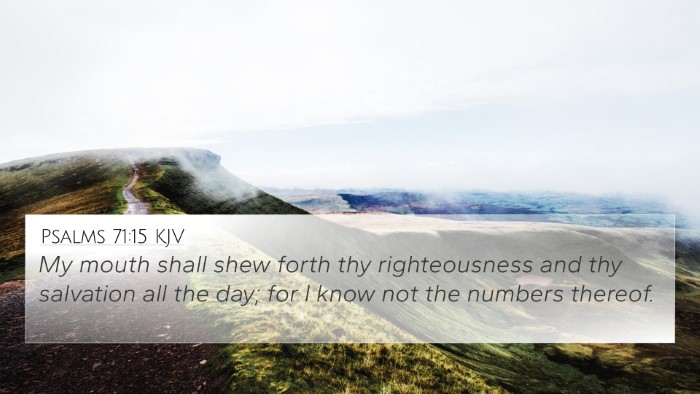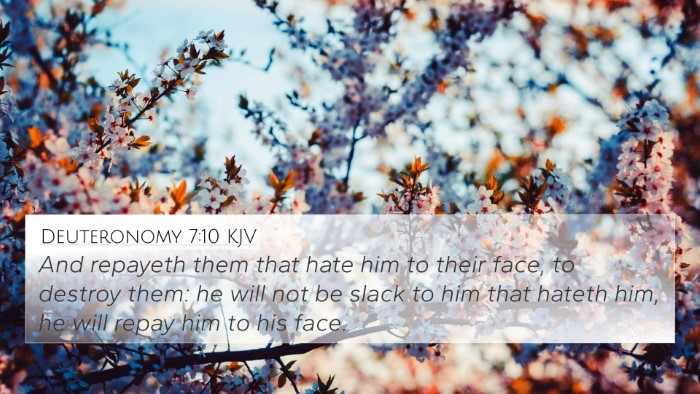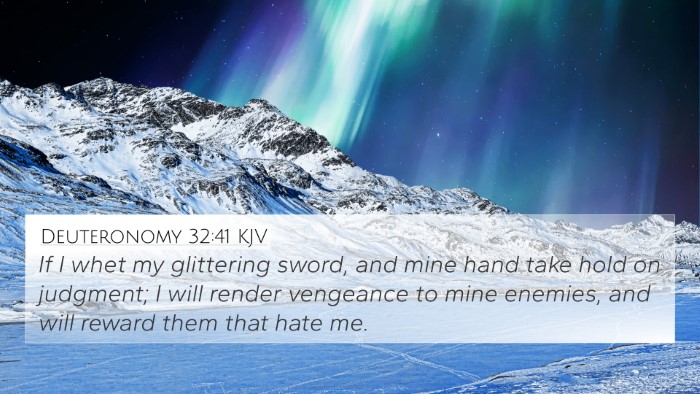Understanding 2 Chronicles 19:2
Verse: "And Jehu the son of Hanani the seer went out to meet him, and said to king Jehoshaphat, Shouldest thou help the ungodly, and love them that hate the LORD? therefore is wrath upon thee from before the LORD." (2 Chronicles 19:2)
Summary of Meaning
This verse presents a crucial moment in the narrative of King Jehoshaphat. After an alliance with an ungodly king of Israel, Jehoshaphat is confronted by the prophet Jehu, who warns him about the consequences of his actions. The message is clear: engaging with the wicked and showing favoritism to those opposed to God leads to divine disfavor. This warning serves to remind believers of the importance of aligning with God's values and the dangers of compromising one's faith.
Insights from Public Domain Commentaries
Matthew Henry's Commentary
Henry emphasizes that the heart of the king was directed to the Lord, yet he fell into the snare of political alliances, demonstrating how even the most devout can stumble. The admonition from Jehu serves as a timely reminder of the need for discernment in our relationships and associations, reinforcing that God's disapproval can arise from our unwise choices.
Albert Barnes' Notes
Barnes highlights the significance of Jehu’s role as a seer, illustrating God’s communication through prophets. His pronouncement is portrayed as both a warning and an opportunity for Jehoshaphat to repent and seek God’s favor. Barnes suggests that Jehoshaphat's previous faithfulness prompted God to send a warning rather than immediate judgment, showcasing divine mercy and the call to repentance.
Adam Clarke's Commentary
Clarke provides a historical context for this confrontation, pointing out the political intrigues of the time. He discusses the implications of supporting alliances with those who oppose God, underlining that association with wickedness can bring about God’s wrath. Clarke encourages believers to reflect on their relationships and the potential influences they may harbor in their lives.
Bible Verse Cross-References
- 2 Chronicles 20:37: A follow-up on Jehoshaphat’s practices and God’s displeasure.
- Psalm 1:1-2: Instruction on avoiding the counsel of the wicked.
- Proverbs 4:14-15: A warning against the path of the wicked.
- Isaiah 1:23: Critique of the rulers who associate with evildoers.
- 2 Corinthians 6:14: Encouragement to not be unequally yoked with unbelievers.
- James 4:4: Warning against friendship with the world as enmity with God.
- Revelation 2:16: Call to repentance for those affiliated with false teachings.
Thematic Connections
This verse creates a rich tapestry of thematic connections that highlight the relationship between faithfulness to God and the consequences of our choices. The call for examination of our associations can be found in various scriptures:
- Faithfulness and Judgment: Jehoshaphat’s journey reflects the broader theme of faithfulness leading to divine favor, while compromise leads to judgment.
- The Role of Prophets: Prophets as God’s messengers played a central role in guiding the faithful away from error and towards righteousness.
- Call to Repentance: The necessity of returning to God after straying into alliances with the ungodly is emphasized repeatedly throughout Scripture.
Cross-Referencing Biblical Texts
The inter-Biblical dialogue evident in this verse connects it to broader teachings within Scripture that caution against compromising one’s faith. For example, 2 Corinthians 6:14’s instruction on aligning with believers rather than unbelievers complements Jehoshaphat’s erroneous alliance. Additionally, Psalm 1 reinforces the position against the wicked, tightly weaving the themes of warning and divine retribution throughout. Through these connections, a clear pattern emerges regarding the expectations of God's followers.
Conclusion
Overall, 2 Chronicles 19:2 serves as a powerful reminder of the importance of spiritual discernment in our relationships. Jehoshaphat’s story illustrates the consequences of unwise alliances, urging believers to seek God’s guidance in their decisions. As we explore these connections between verses and themes, we uncover rich insights that challenge us to deepen our faith and uphold God’s standards in a world rife with compromise.
